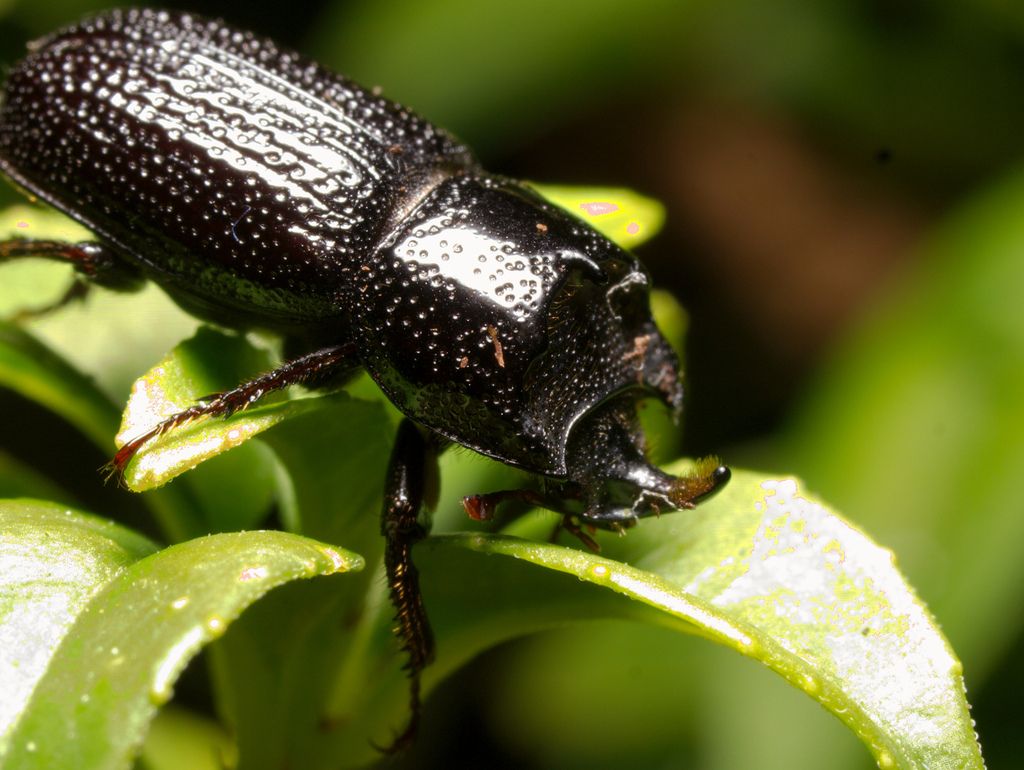Mating versus immunity: an insect’s dilemma
 Relationships are all about compromise, as any good advice columnist will tell you.
Relationships are all about compromise, as any good advice columnist will tell you.
It’s a little different for insects though. Instead of deciding who makes dinner and who does the dishes, they have to make a choice between mating success and survival – and two papers published today explore some of the subtleties of this literal life-and-death trade-off.
Both reproducing and maintaining a healthy immune system are biologically expensive, so insects have to make smart choices about where to allocate their energetic resources, especially when they’re going through lean times. Previous work has often considered the biological cost of reproduction from the female’s perspective, but both of today’s papers investigate the other side of the coin: how males deal with this evolutionary conundrum.
Producing sperm can be hard work, so males need to be smart about it, and allocate their resources appropriately. In “Ejaculate economics: testing the effects of male sexual history on the trade-off between sperm and immune function in Australian crickets,” the authors report that male Australian crickets produce higher quality sperm when they are housed with sexually mature females than with immature females. The crickets couldn’t maintain this high quality sperm indefinitely though; at 13 days, the sperm quality was approximately the same for all the crickets, regardless of their cage-mates.
The researchers, led by Damian Dowling of Monash University in Australia, also found that better sperm was correlated with decreased immune response. The correlation was weak, but the authors argue that it is likely to be biologically relevant, and fits with the hypothesis that males must choose between allocating resources to reproduction or immunity. In this case, it appears that the better sperm, and the resulting increase in possible reproductive success, was worth the risk of decreased immune readiness.
The other study, “Sex, War, and Disease: The role of parasite infection on weapon development and mating success in a horned beetle (Gnatocerus cornutus),” led by Jeffery Demuth of University of Texas at Arlington, focuses on one specific reproductive element: male weapons. On the horned beetle, that’s – you guessed it – the horn.
To test the relationship between immunity and horn size, the researchers infected broad-horned flour beetles with a tapeworm. They found that parasite infection significantly decreased horn length, but had a much smaller effect on overall body size.
These results, together with the hypothesis that the immune-challenged beetles should allocate their resources to the most important factors for reproductive success, suggest that body size, rather than horn size, should be more strongly correlated with mating success – and the results from arranged mating battles bear this out.
In other words, it appears that the beetles made the right choice when they were challenged with the parasite. They retained their best possible mating chances by maintaining their body size as much as they could and instead compromising on horn length, presumably reallocating those resources toward fighting the parasite.
Of course, none of these “choices” are conscious, but the innate biological responses are still pretty remarkable.
Image credit: Isfugl via Flickr
